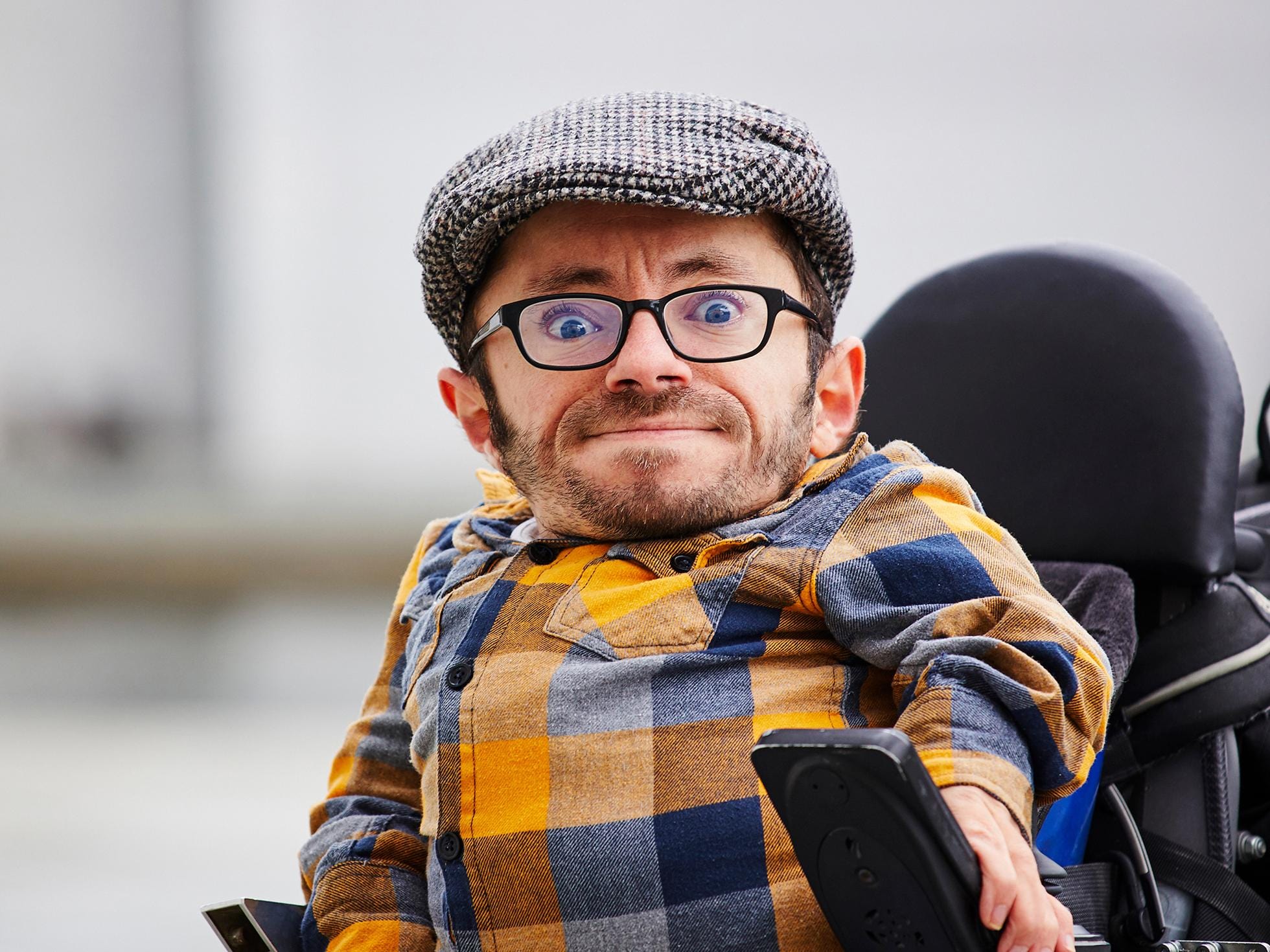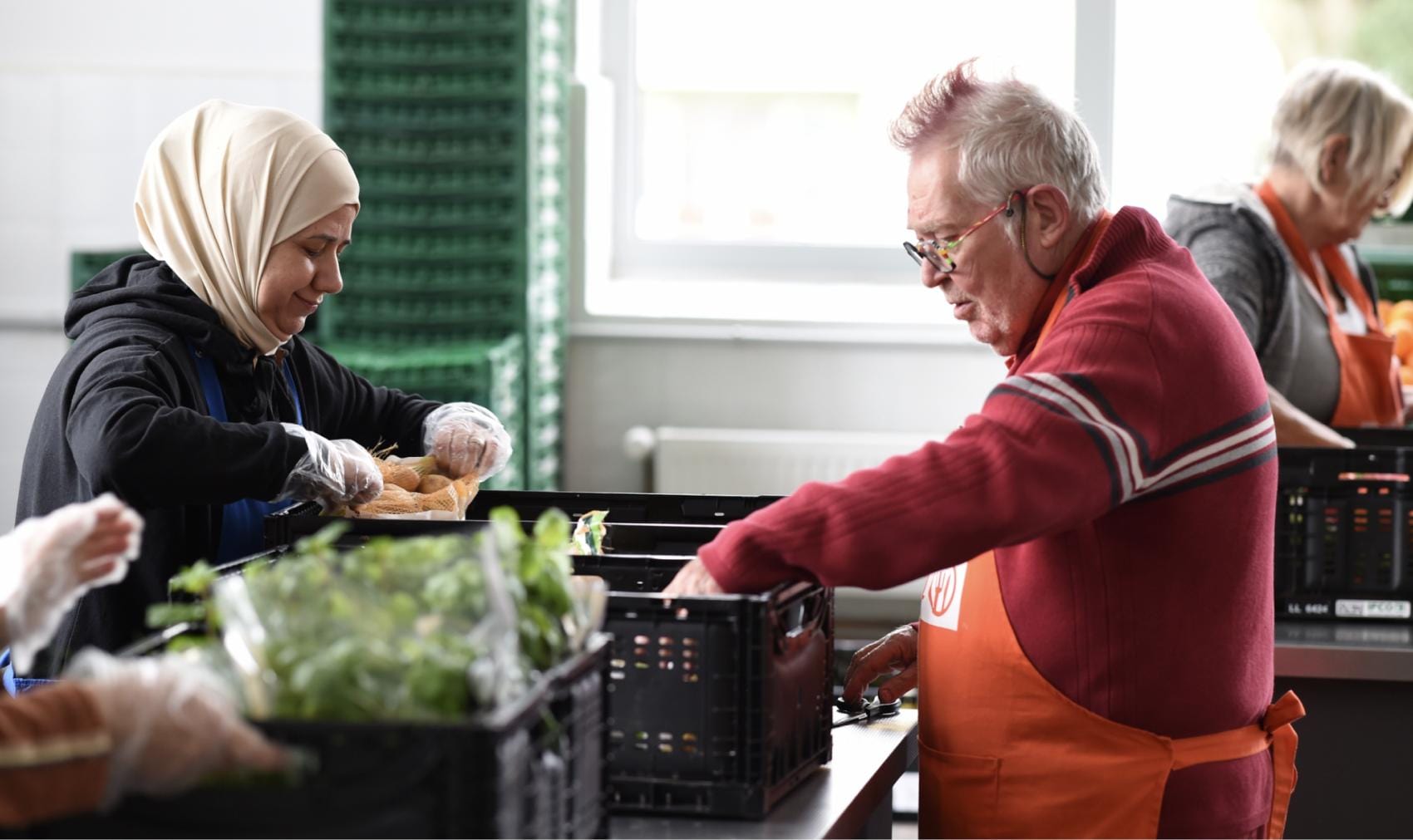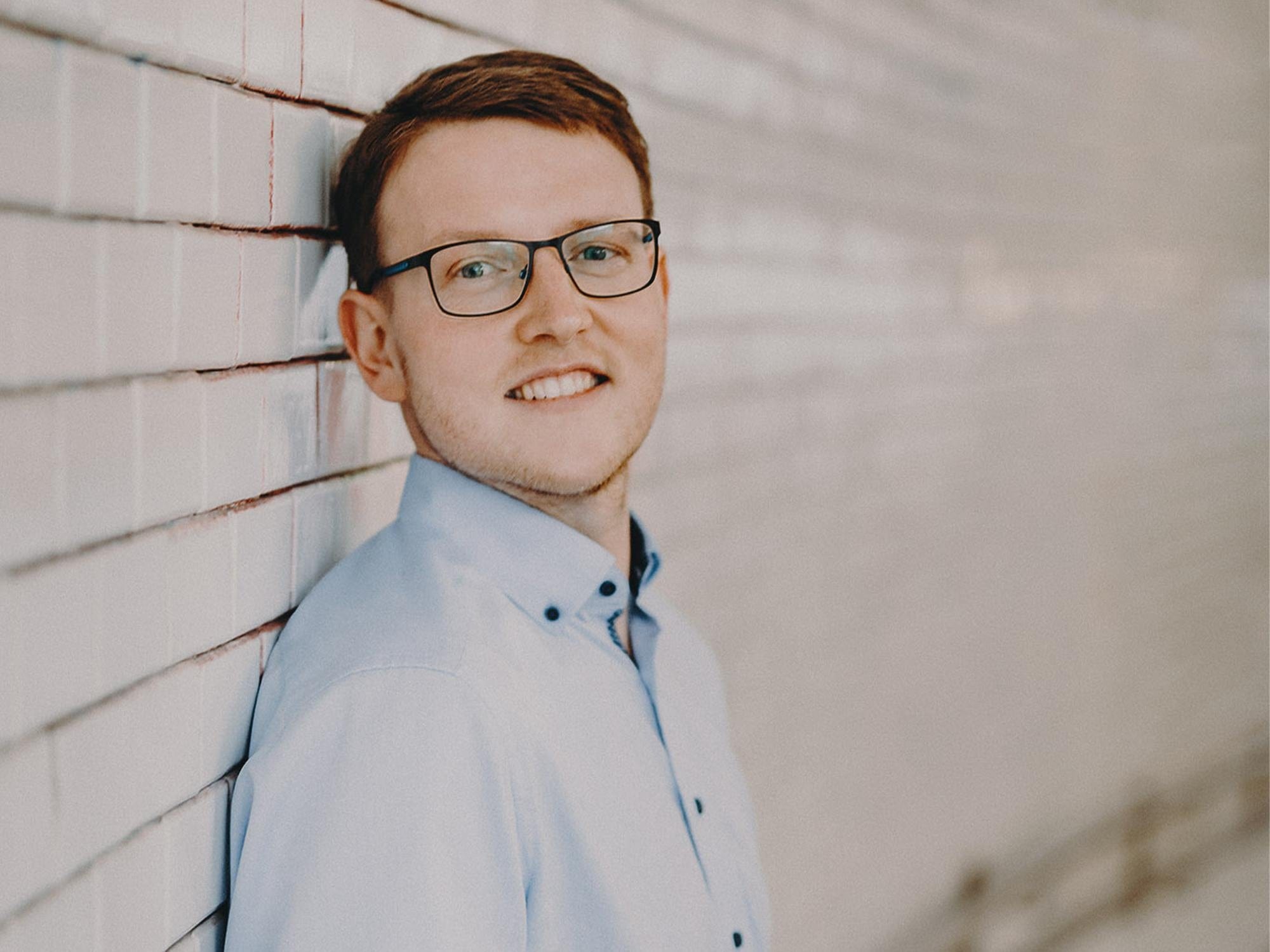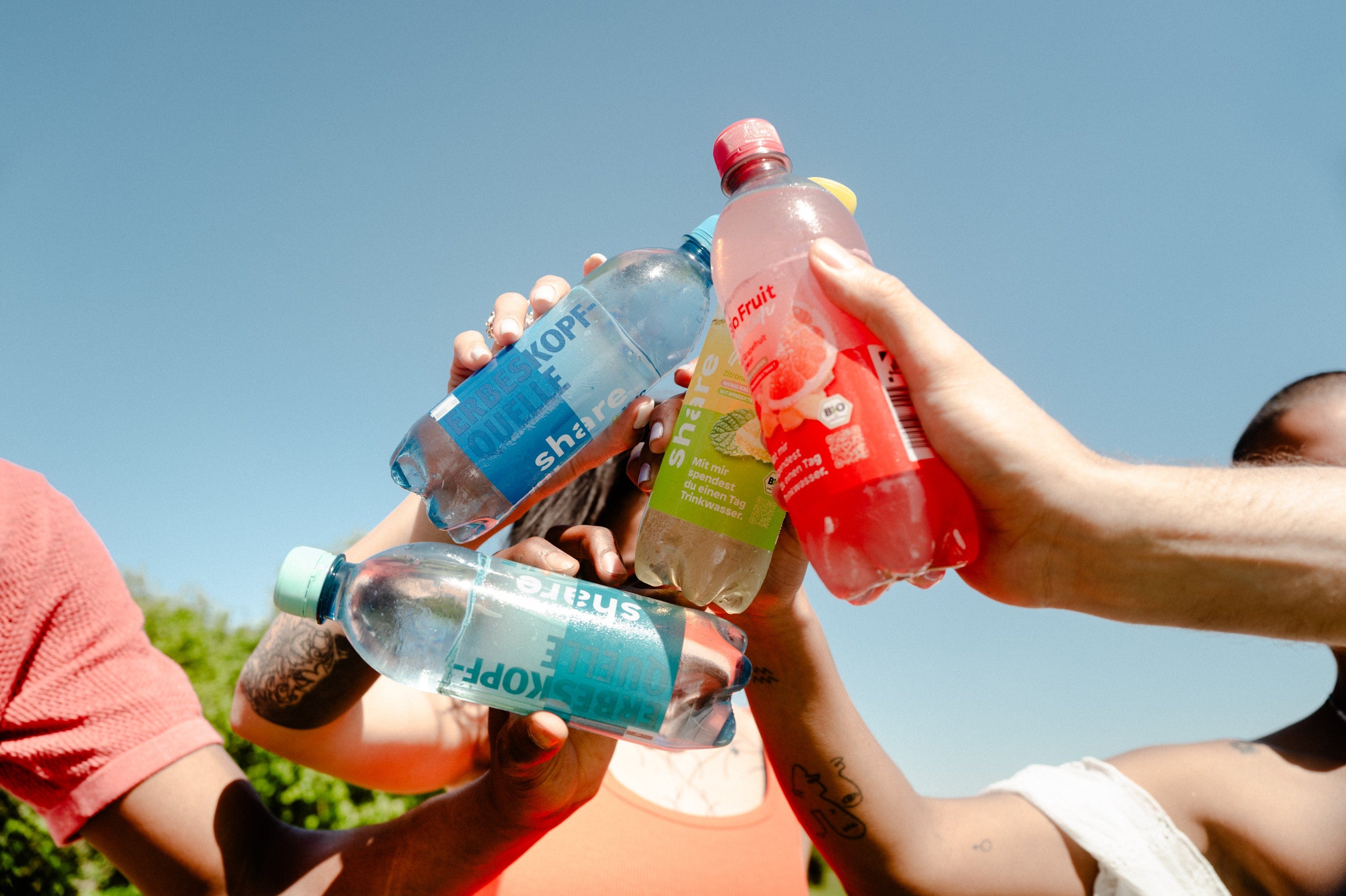Recreational sports are incredibly important for social interaction and a healthy psyche - the Corona pandemic has recently proven this more than clearly. But bureaucratic processes, high costs and language barriers pose major hurdles for young refugees who want to join a sports club and exclude them from these meeting spaces. This is precisely why Carolin Gaffron co-founded the Champions Without Borders association almost ten years ago, which is committed to a sustainable welcoming culture for refugees in Germany with easily accessible football and sports activities. In the interview, Caro tells us why sports activities are so important for refugees, why clubs urgently need to rethink their approach and what changes she has observed in the players over the years.
What does Champions Without Borders do? What was the idea behind the founding of the organization?
As Champions Without Borders, we offer open, free and therefore low-threshold sports opportunities, especially for refugees. We have been around since 2014 and we were founded back then because these offers did not yet exist and we noticed that many people who arrive here and want to do sports, but do not know where and how they can do it. They spend a lot of time at home in their accommodation, but sport is a good way to promote and support social integration.
And how did you come up with the idea of the club and its actual founding? What is your connection to football?
I am a former footballer myself and have always believed that you can do a lot of good with football and promote social integration through sport. I always wanted to do that in my own club - and that's how it came about.
What hurdles do refugees face when they want to join a sports club in Germany? What social inequalities exist?
I think the biggest challenge is the language - especially when it comes to finding the courses. It is difficult even for people who speak German to find all the courses, as websites are often not up to date and it is not clear if and when the training courses are taking place. You don't know if you can just go and who you should contact. And then there are language barriers and many people may not even dare to go to the training courses.
Another problem is that many refugees do not know any sports clubs from their home countries, as there are usually only professional sports there and no recreational sports. This means that they do not even know that it is possible to play sports in a club without being a professional.
Money is also a hurdle, of course. You need football boots and sportswear and have to pay membership fees. Many people don't even know that they can get support for this. Clubs, for example, support people under 27 - but that's simply a gap in information. We are in the position to be the link between refugees and the club. We are not a traditional sports club, but an NGO and do not play in the game. We try to mediate, accompany and educate clubs: what costs will you incur, what do you have to do for your player's pass, what needs to be organized? This presents many challenges.
Added to this is the reality of life for refugees. Clubs expect people to come regularly and on time. Many people who have just come to Germany have completely different worries; they have to go to offices, have appointments and may not be able to come to training. Unfortunately, this is often met with a lack of understanding at regular clubs.










